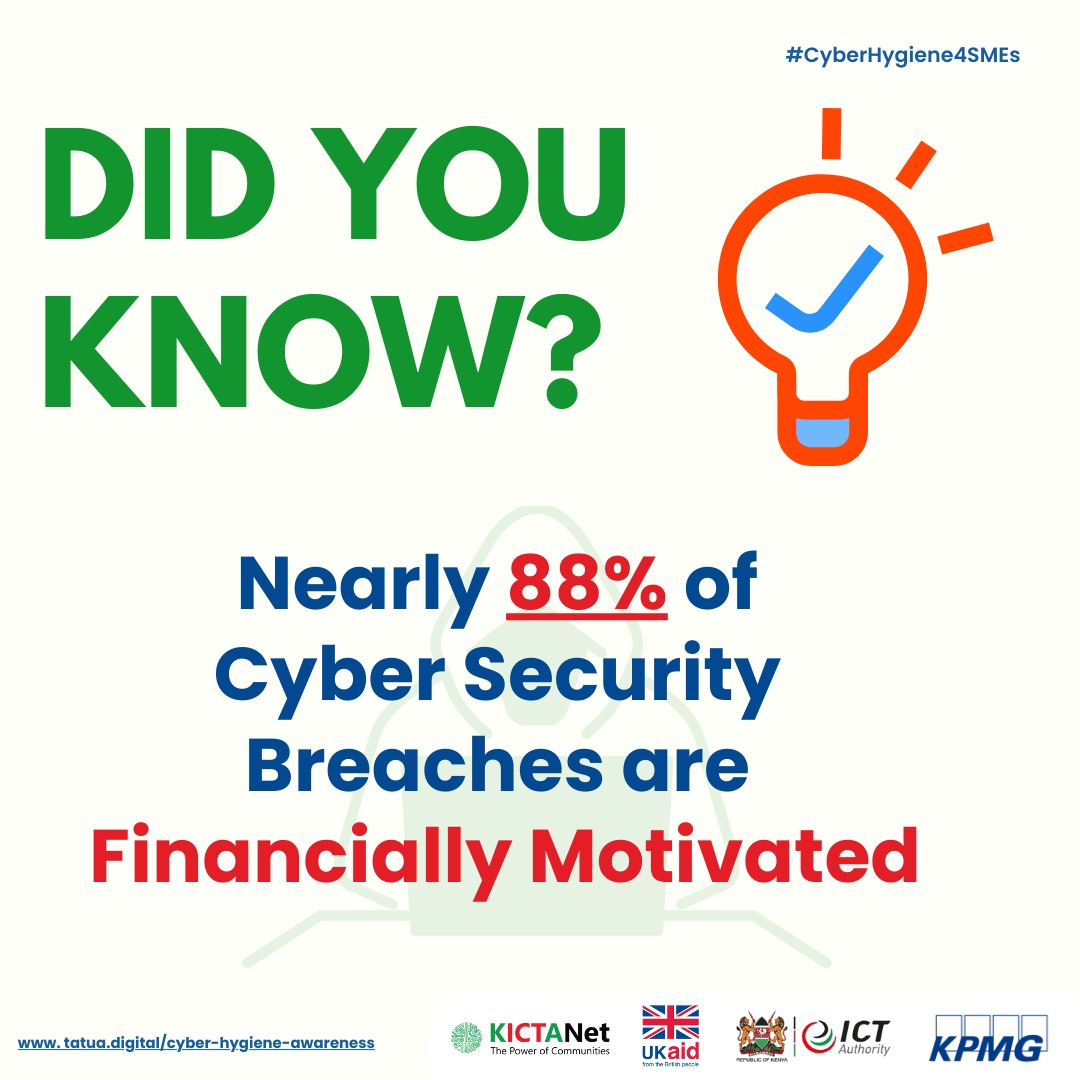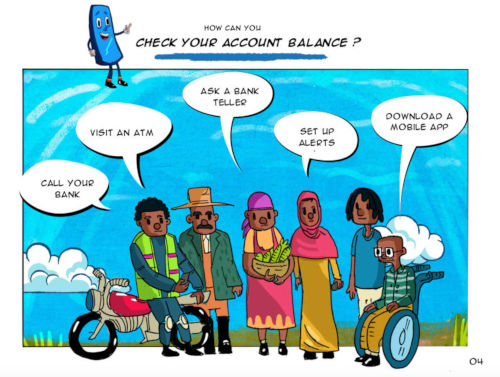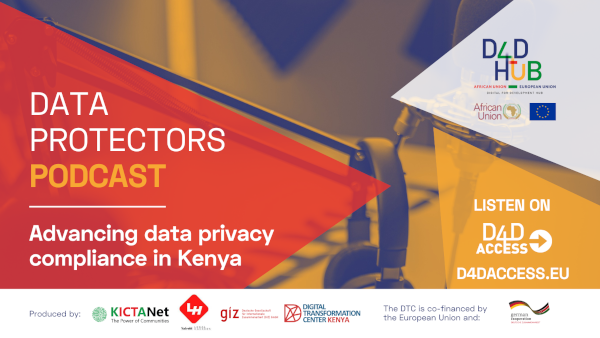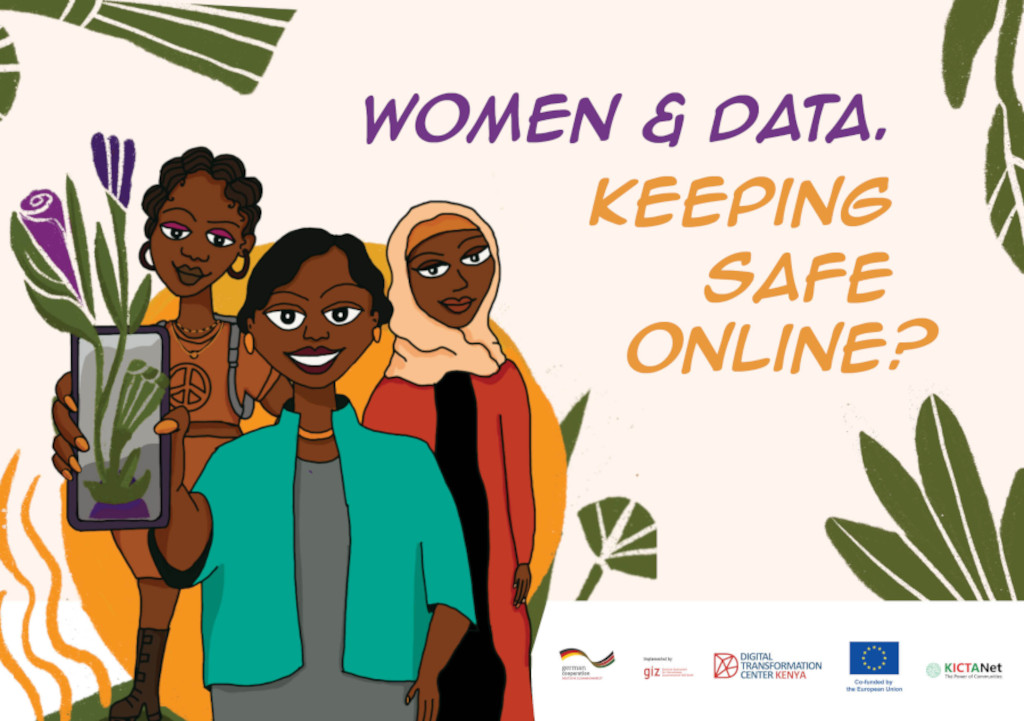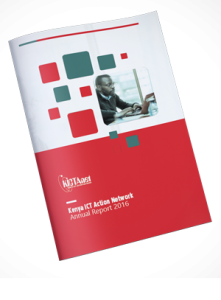KICTANET POST : Latest news, events & opportunities
Feedback: Understanding Why We React Differently
Explore why you might react differently to positive or negative feedback. Learn how cultural backgrounds, communication styles, and power dynamics influence feedback exchange. Discover tips for giving and receiving feedback effectively.
![]()
Kenya School of Internet Governance Inducts 9th Cohort
The Kenya School of Internet Governance (KeSIG) held an online student induction program for its newly enrolled 9th cohort on Friday. The program, hosted on a webinar platform, welcomed students from various stakeholder groups, including the Kenyan judiciary,...
KICTANet and Malaysia Hold Talks to Accelerate Digital Growth
KICTANet's Board of Trustees held talks with high-ranking Malaysian officials, who paid a courtesy visit on Thursday. Led by Dr Grace Githaiga, the discussions with H.E. Ruzaimi Mohamad, High Commissioner of Malaysia to Kenya, and Ms Syufiza Yusof, Lead - Africa...
Kenya Navigates Digital Taxation: Balancing Growth and Revenue
Kenya’s booming digital economy presents both opportunities and challenges for taxation. To address this, the Kenya ICT Action Network (KICTANet) hosted a roundtable discussion, “Policy Discussion on Digital Taxation in Kenya”. This event brought together policymakers, tax experts, and industry representatives to explore a balanced approach to digital taxation that fosters business growth while ensuring fair revenue collection.
![]()
Kenya Unveils National Emerging Technologies and AI Strategy Framework
By Linda Gichohi In today's digital era where artificial intelligence (AI) is revolutionizing economies and transforming societies globally, Kenya is taking bold steps to position itself at the forefront of this technological wave. The Ministry of ICT and Digital...
Driving and Deafness: Any Role for Assistive Technology?
The rules are blurred on whether deaf individuals should be licensed to drive, leaving them reliant on BERA tests and at the mercy of doctor’s recommendations.
![]()
Kenya to Transition from Digital Service Tax to Significant Economic Presence Tax
By John Walubengo Last week KICTANet dedicated and held one of its Thought Leadership Policy Discussion Series to the Finance Bill 2024, specifically regarding the digital tax aspects of it. There have been several analyses on the same, including one from KICTANet,...
KeIGF 2024: Shaping Kenya’s Digital Future Together
Join the 17th Kenya Internet Governance Forum (KeIGF) to discuss critical internet policy issues with government, private sector and civil society. Shape a secure, inclusive digital future for Kenya.
![]()
Building a More Inclusive Digital World: Key Takeaways from the CADE Project Panel Discussion
The CADE project, co-funded by the European Union, was a key focus of a recent panel discussion. Led by Stephanie Psaila (DiploFoundation), the project aims to empower civil society organizations (CSOs), particularly those from developing countries, to participate...
KICTANet is a multi-stakeholder Think Tank for ICT policy and regulation. The Think Tank is a catalyst for reform in the Information and Communication Technology sector. Its work is guided by four pillars of Policy Advocacy, Capacity Building, Research, and Stakeholder Engagement.
KICTANet’s mission is to promote an enabling environment in the ICT sector that is robust, open, accessible, and rights-based through multistakeholder approaches.
During the 2022 – 2024 strategic period, KICTANet has prioritised the promotion of effective multistakeholder participation; an enabling legal, policy and regulatory environment; building capacities and empowered communities; and institutional strengthening. KICTANet’s guiding philosophy encourages synergies in ICT policy-related activities and initiatives. As such, the network provides mechanisms and a framework for continuing cooperation, engagement and collaboration in ICT matters among industry, technical community, academia, media, development partners, civil society and government.
_____
Strategic Priority.
- Convening power. To strengthen and promote engagement, collaboration and relationships with relevant stakeholders (state, business and non-state actors).
- Promoting an enabling environment. To catalyse policy, legislative and regulatory reforms in the ICT sector.
- Building capacities and empowered communities. To build the capacity of the stakeholders across government, business society and civil society and the citizens.
- Institutional strengthening.
The report outlines the work undertaken in between 2007 and 2016 which is underpinned by crowd sourcing and community engagement
Click here to download the report
FACTS AND FIGURES
Achievement of the Network over the Years
Publications
Thought Leadership Forums
Persons trained
Policy Interventions
Conversations in KICTANET listserv
Active listers contributing often
Different conversation threads
Impressions on ICT policy discussions
Our Pillars
KICTANet’s organisational strategy:
Policy Advocacy
Capacity building
Research
Stakeholder engagement
We facilitate stakeholder engagement through collaborative initiatives in face-to-face Town Hall meetings, and in the KICTANet?s interactive mailing list where multiple stakeholders engage regularly on ICT policy issues.


